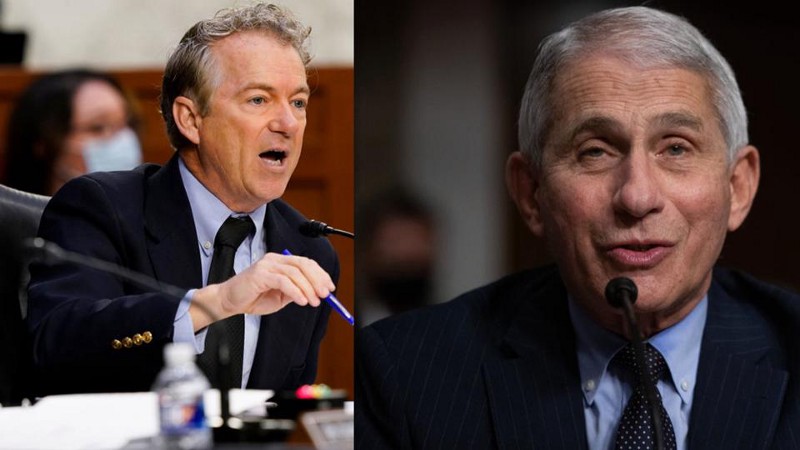NPR: Are we asking scientists to be advocates? To spin false information? Read the transcript.
The transcript of the interview I did last week at NPR’s On the Media is now available. In the interview, I restate exactly what we argued first at Science and then at the WPost. It’s worth reading. I’ve bolded parts of key sentences.
First, I emphasize, as we do in our published commentaries, the problem with going beyond the science in framing messages to the public. I use the example of global warming and more intense hurricanes.
Then the host, Brook Gladstone, follows by asking whether we suggest scientists become advocates.
BROOK GLADSTONE:….Climate change, says Nisbet, is a perfect example. Once it was an issue of not enough coverage, but now, he says, we have a different problem.
MATTHEW NISBET: The problem is, is that when you actually look at the opinion polls, you have what I describe as a two Americas of public perceptions on the issue. Seventy-five percent of college-educated Democrats accept that human activities are contributing to climate change. On the other hand, only roughly a quarter of college-educated Republicans accept that science.
And so, what’s going on here? It’s because several Democratic leaders, like Al Gore, and even some scientists are really adopting what I call the catastrophe frame or the Pandora’s Box frame, really focusing in on specific climate impacts that might be scary or frightening, such as the possibility of more intense hurricanes.
When you move in that direction, where the science is still uncertain, you open yourself up to the counter argument that this is just simply alarmism. It’s very easy for the public, then, to simply rely on their partisanship to make up their minds, and that’s why you have this two Americas of public perception.
BROOKE GLADSTONE: So that’s a political reality. But what is it that you’re asking the scientists to do? How are they supposed to change the way they present it in order to confront this political reality?
MATTHEW NISBET: You start recasting the issue in ways that are still true to the science but, in fact, actually you’re not talking about the science. You’re engaging with business leaders and CEOs. They’re talking about the promise for innovative technology, again, the market potential for that. They might activate that moderate Republican base that reads The Wall Street Journal and says, hey, suddenly I care about global warming ’cause there might be investment potential here.
You recast the issue as really a moral duty, not just in a religious sense but saying, look, this is like credit card debt. We’re passing the buck on to future generations if you don’t do something now. The science is there. This is an urgent problem. We need to take action.
BROOKE GLADSTONE: So you’re actually calling on scientists to become advocates or even activists.
MATTHEW NISBET: Well, you know, I don’t think it’s politically controversial to say that the first thing is to activate interest, to activate concern, so that people can start paying attention to the science – to remain true to the science but recast it in a light that connects to their backgrounds.
BROOKE GLADSTONE: But it seems, you know, pretty easy to do it about climate change, where there is so much consensus, but what about issues where there isn’t, nuclear energy, for instance, or cancer research? How can scientists effectively frame their findings when there’s active disagreement among them over what the implications of the research are?
MATTHEW NISBET: Sure. Two other really good examples on that front would be plant biotechnology and nanotechnology. Scientists still have some lingering disagreements about both the human safety and also the environmental safety of nanotech and areas of plant biotechnology.
The real danger there, for example, like an emerging technology, like nanotechnology, is that one frame gets locked in. And the frame that can always be locked in is this idea of a Pandora’s Box, that somehow this Frankenstein’s monster, this technology’s out of control and it’s going to lead to catastrophe somewhere down the road.
So scientists have to think carefully, how do we offer alternative interpretations that are true to the science but don’t lead to some type of rash reaction from the public, that might unlock greater interest or greater understanding or actually motivate people to inform themselves about the science.



